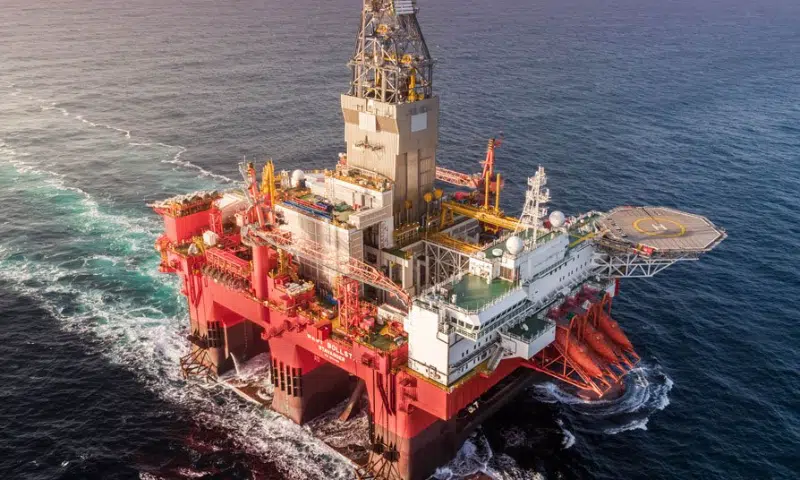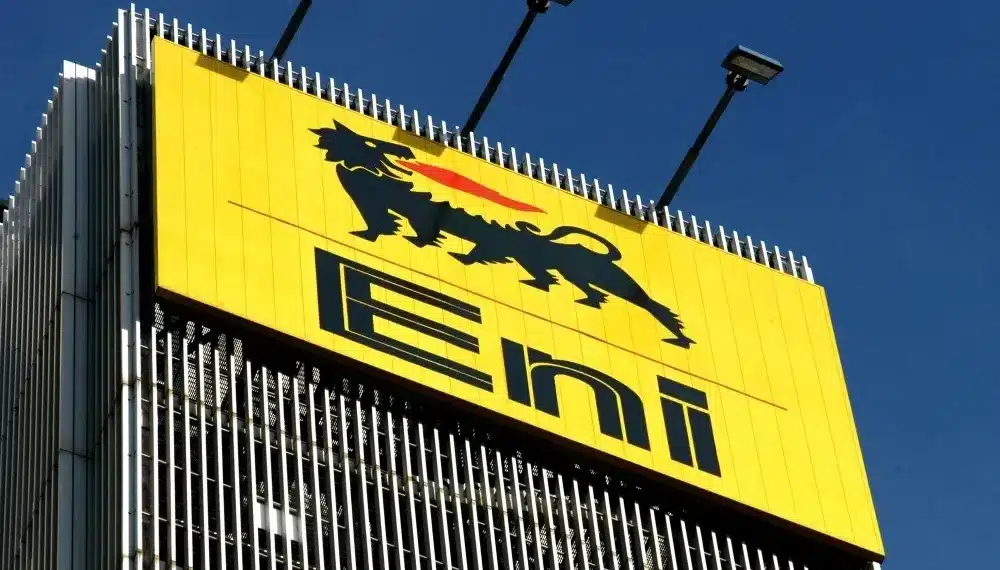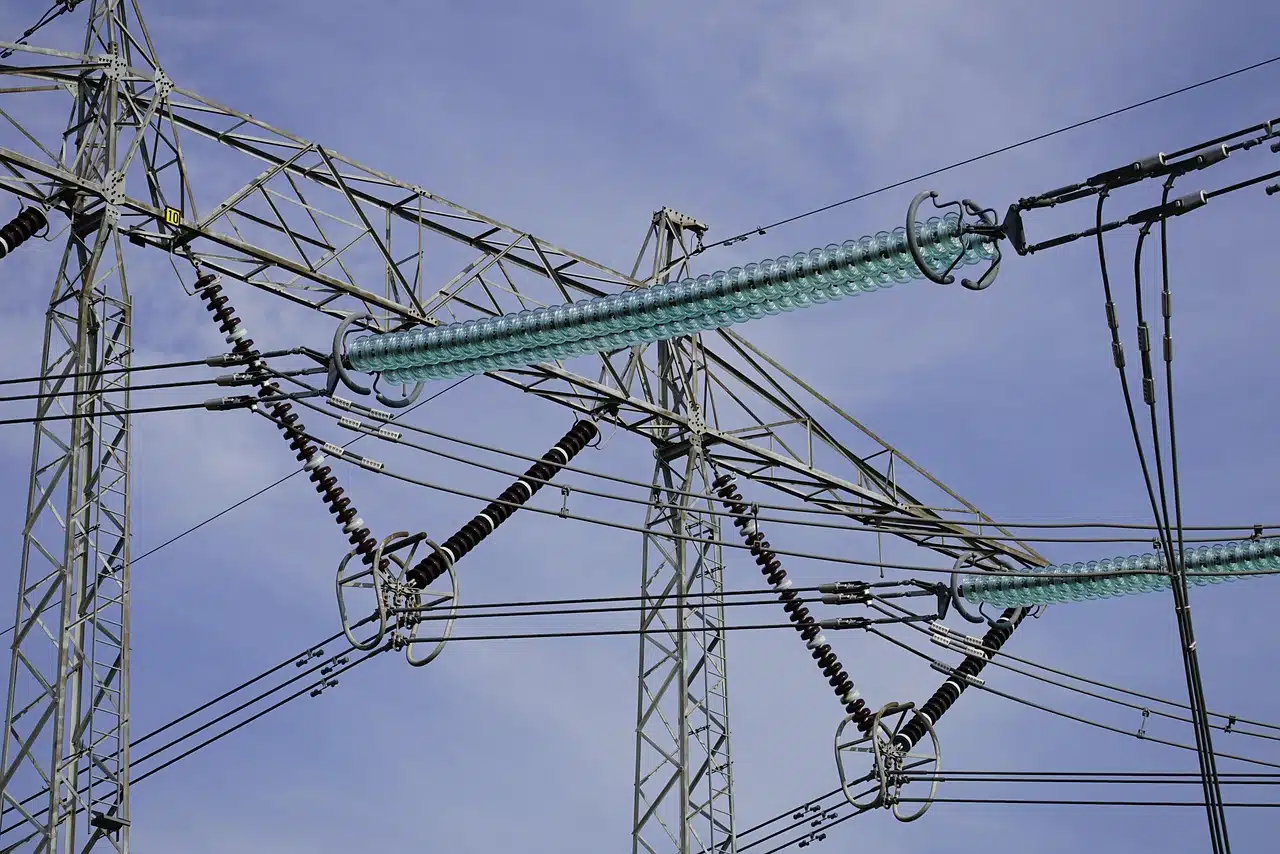London-based oil and gas company, Tower Resources Plc, has signed a $4.4 million farm-out agreement for an offshore license in Namibia.
In a statement on Wednesday, the company’s CEO, Jeremy Asher, announced the deal with Prime Global Energies Limited for a 25% non-operated stake in its PEL96 license offshore Namibia.
This development comes just days after Shell Plc, a major oil company, wrote down $400 million in Namibia offshore exploration, citing it as commercially unviable.
Asher noted that the transaction will allow Tower to continue evaluating the PEL96 area, which includes significant strati-graphic and structural leads.
Tower plans to reprocess existing 2D seismic data for improved quality and detail, followed by acquiring new 3D seismic data to guide exploration.
“We have worked hard over the years to understand the significant potential of the PEL96 license, and I’m pleased that its value has been recognized through this agreement,” Asher said.
Budget for 2025
Additionally, Tower’s approved 2025 budget for this work is $1.225 million, which will now be shared with the new partner, subject to regulatory approval.
In a related development, Tower, through its subsidiary Tower Resources Cameroon S.A. (TRCSA), has also signed a $15 million farm-out deal with Prime for a 42.5% non-operated stake in its Thali license in Cameroon.
Both agreements are expected to be finalised by the end of the first quarter of 2025, pending approvals from relevant government bodies and regulatory authorities.
“These deals underscore the value of our licenses and provide critical funding to advance our activities in Namibia, Cameroon, and beyond,” added Asher.
Shell’s write-down of Namibia oil basin
In an earlier report, Shell announced a $400 million write-down on an oil discovery offshore Namibia, deeming it commercially unviable.
The oil giant stated that discovered oil and gas resources in offshore block PEL39 in Namibia “cannot currently be confirmed for commercial development.”
Shell and its partners, QatarEnergy and Namibia’s national oil company, first discovered hydrocarbons in block PEL39 in 2022. This, along with another discovery by TotalEnergies in a nearby block, sparked significant global interest in Namibia, which currently has no oil and gas production.
In response to Shell’s announcement, Namibia’s Ministry of Mines and Energy described the write-down as a temporary setback, emphasizing that it does not halt exploration efforts in the region.
Meanwhile, companies such as Galp, Chevron, Rhino Resources, and Azule Energy—a joint venture between Italy’s Eni and BP—are planning to drill exploration wells in Namibia this year.
TotalEnergies is also expected to make a final investment decision on its Venus discovery by year-end.










